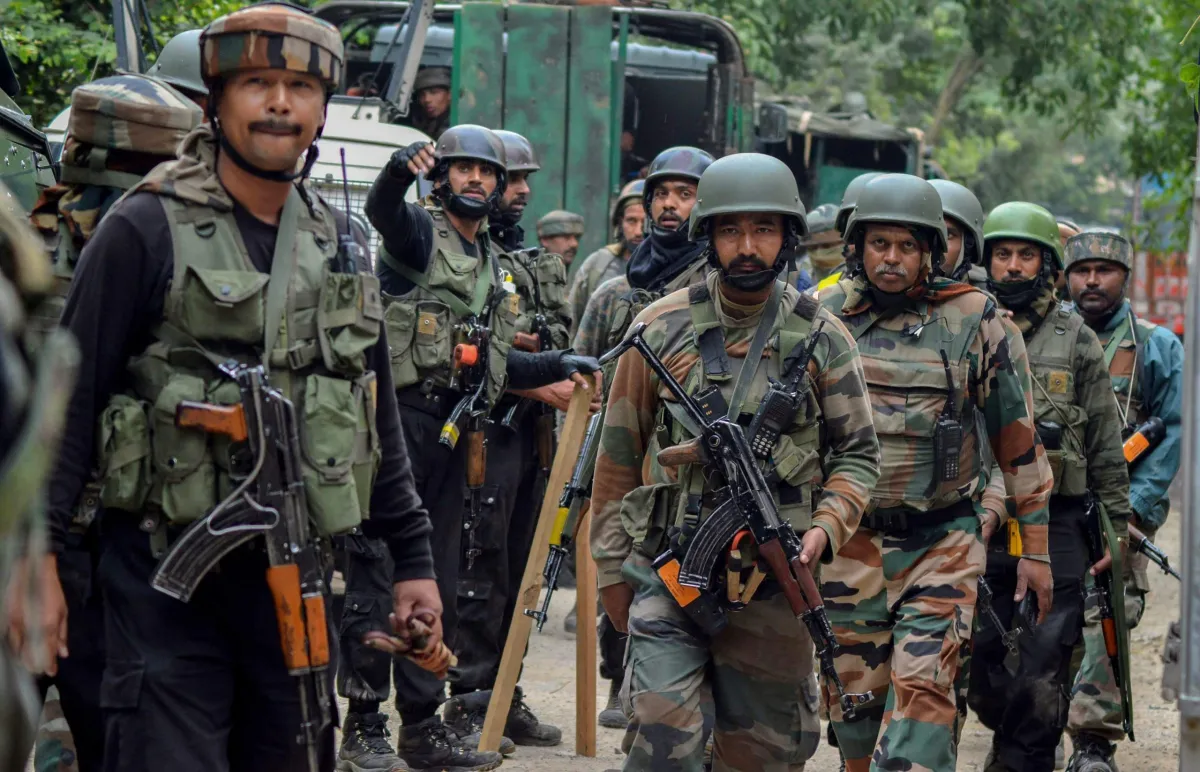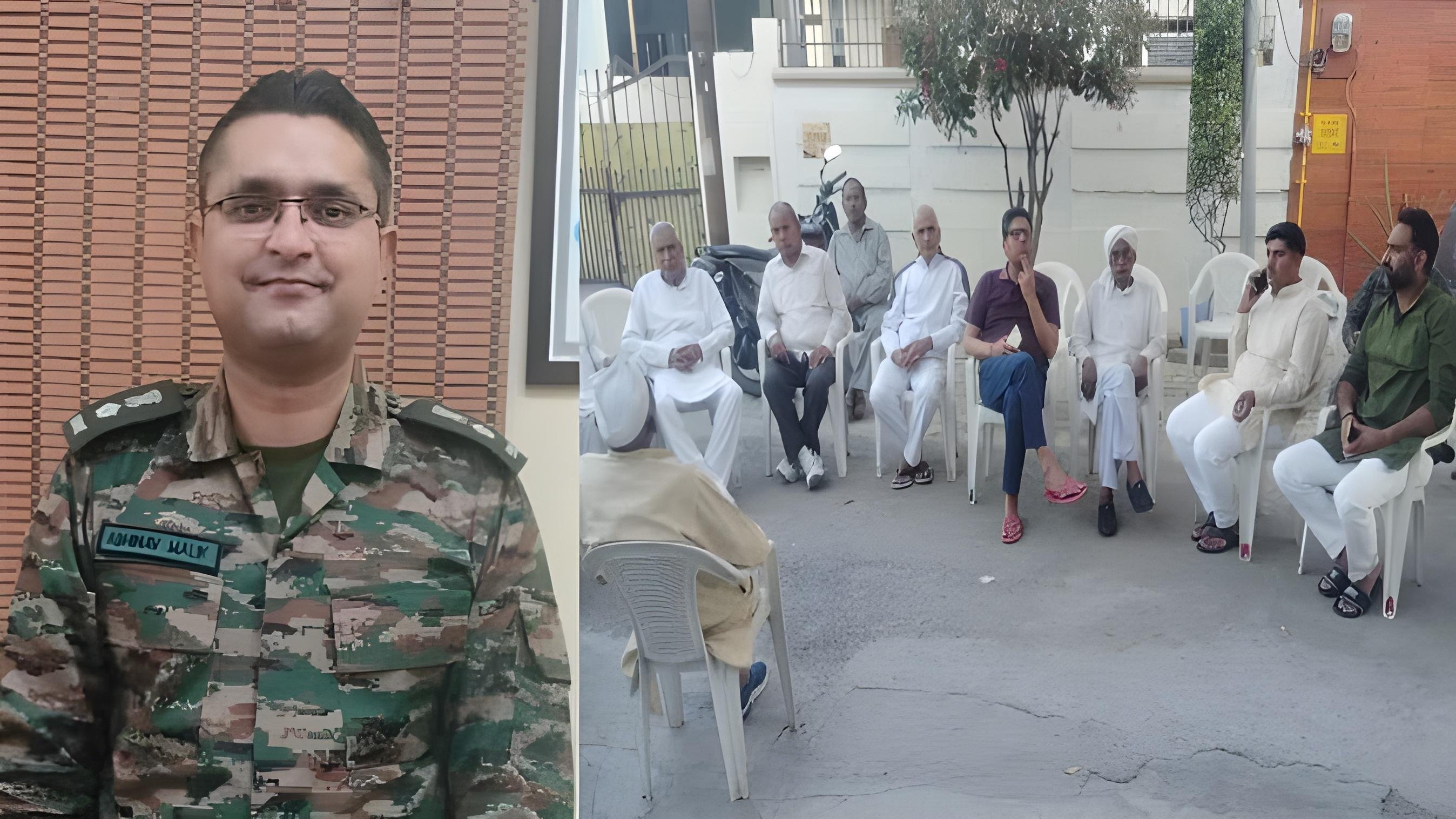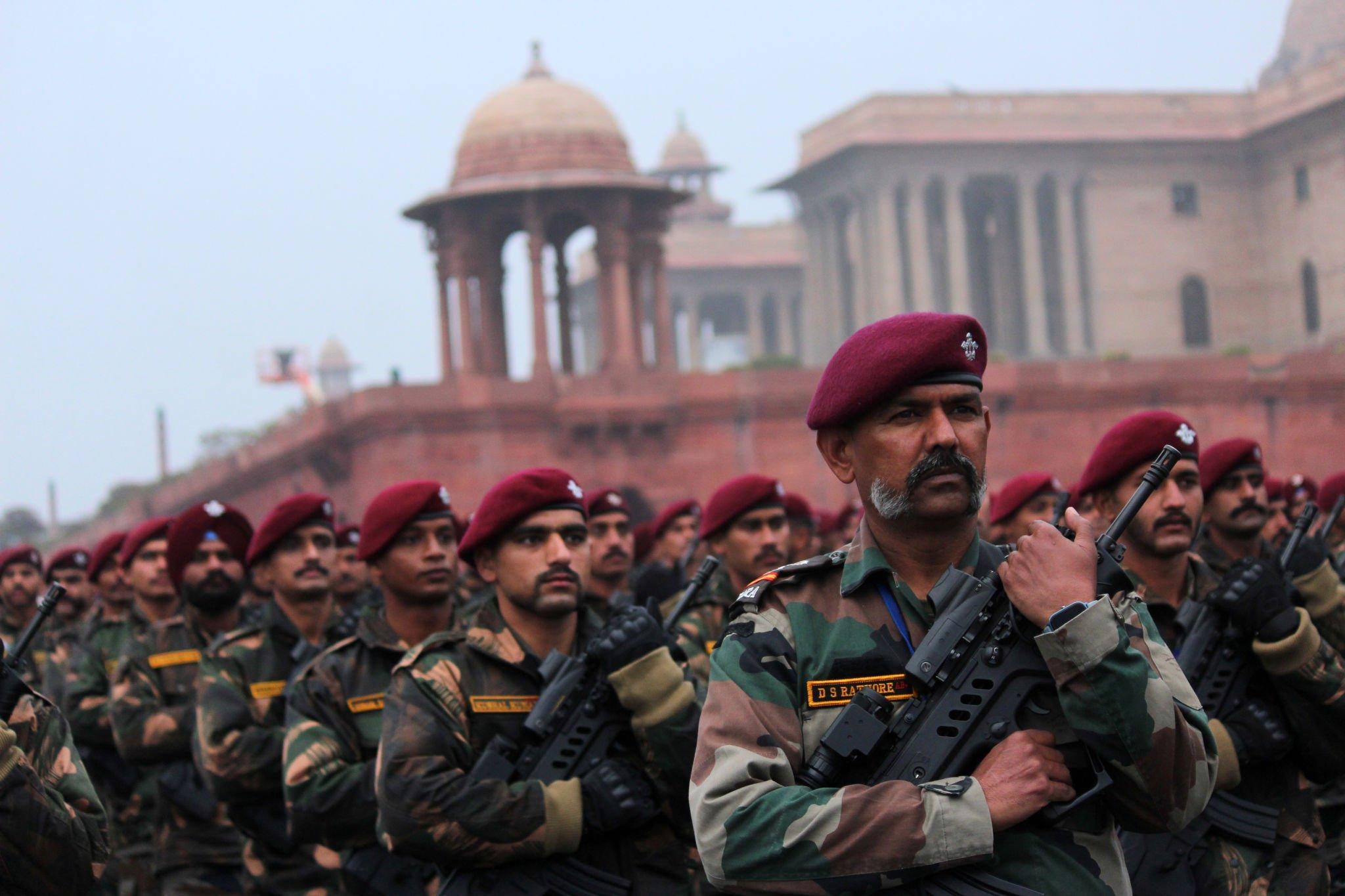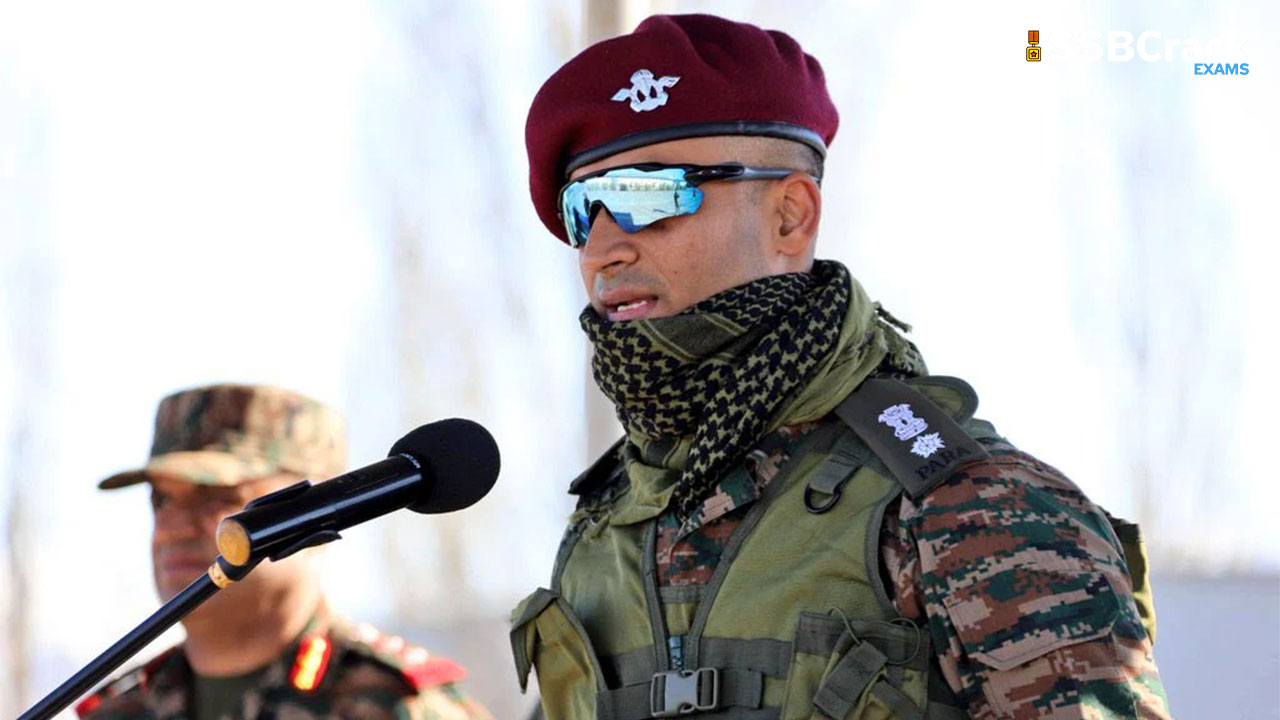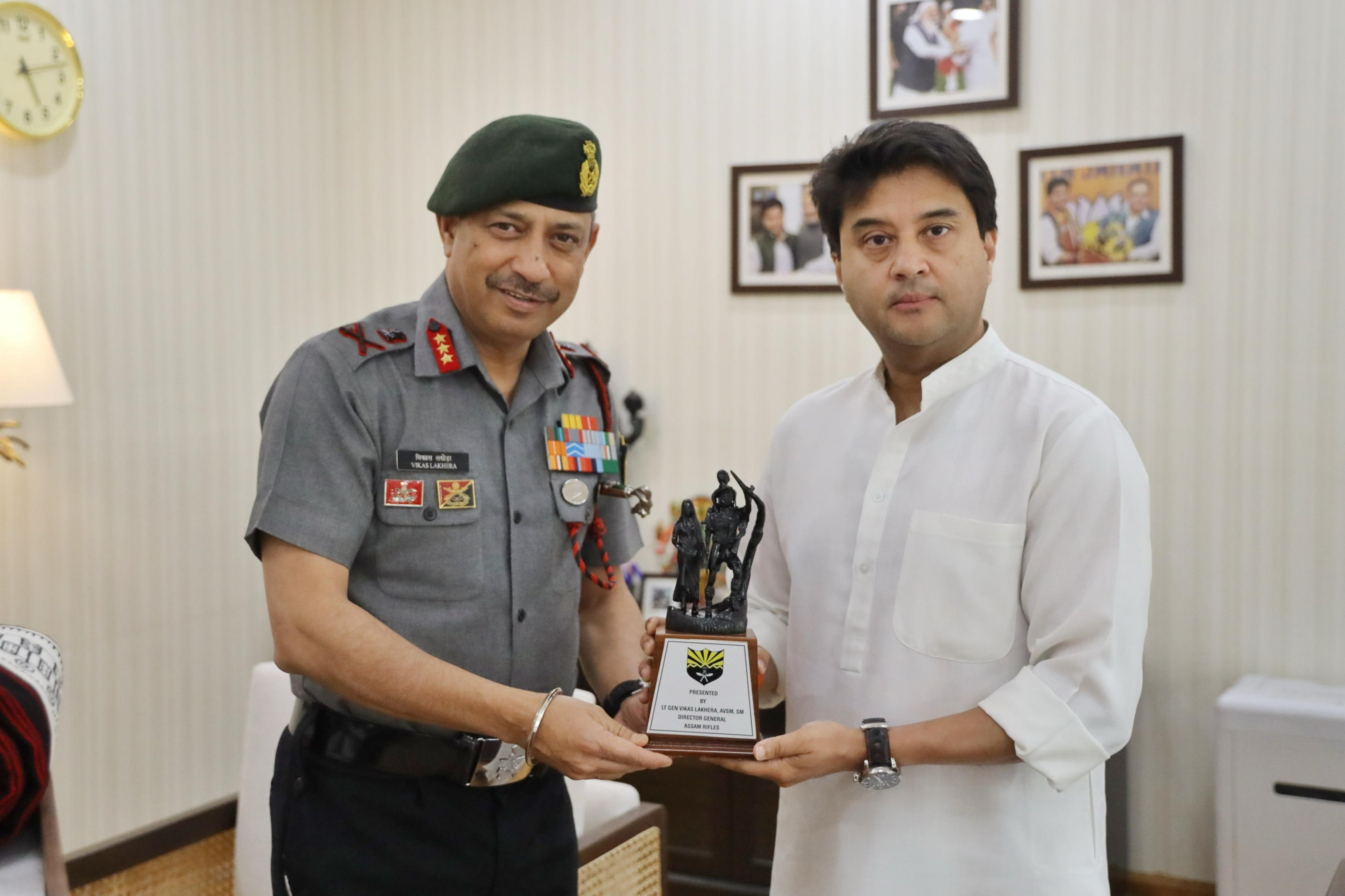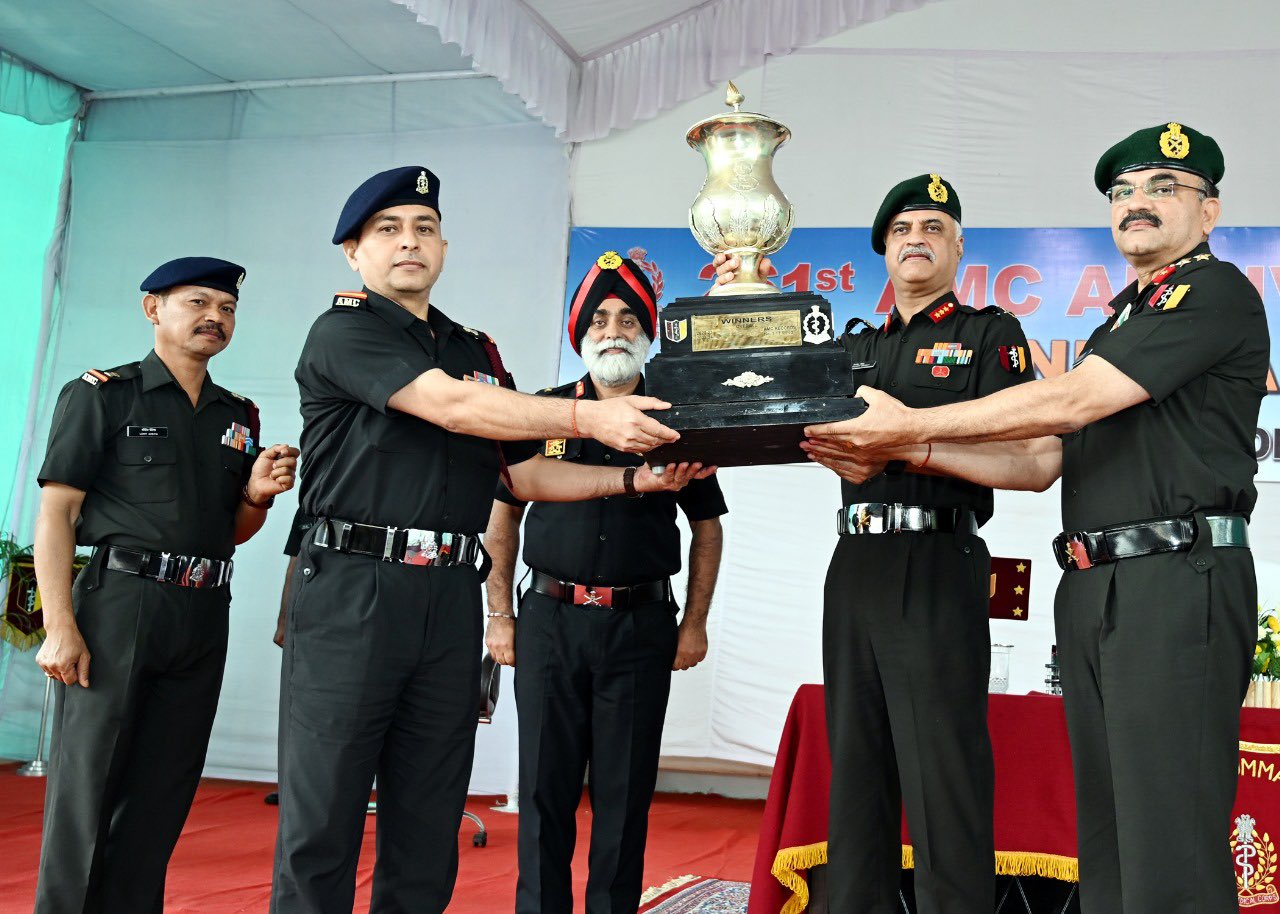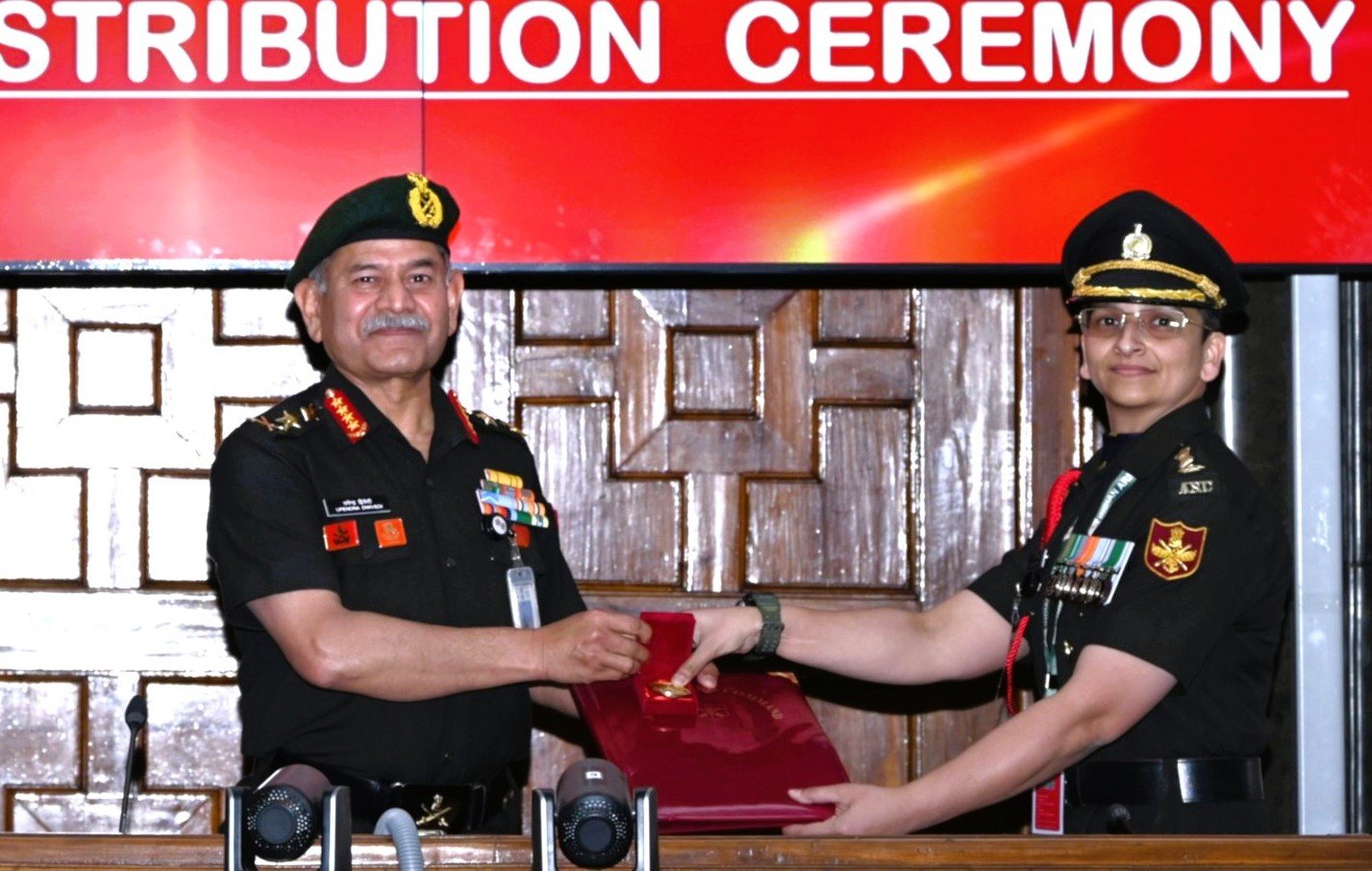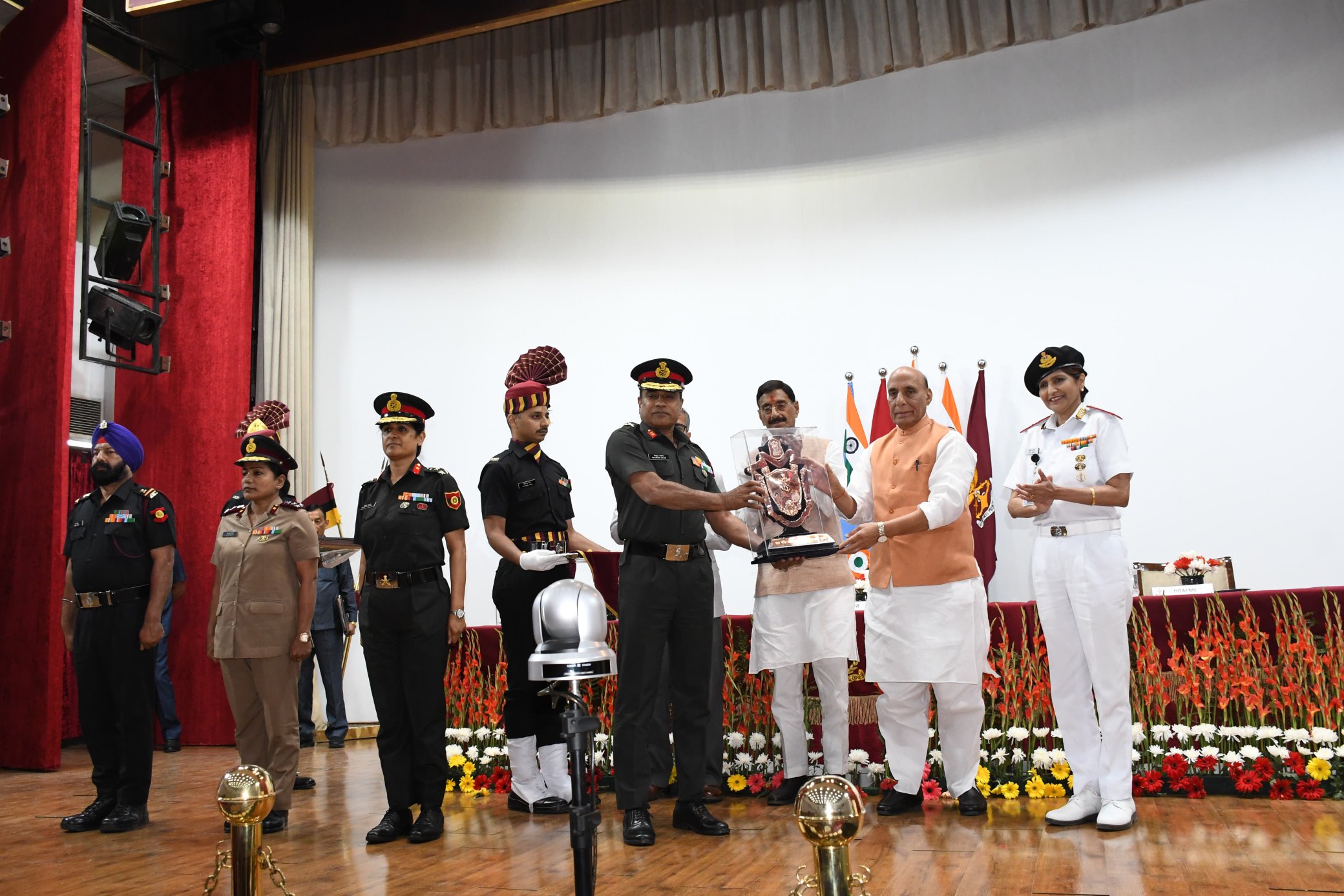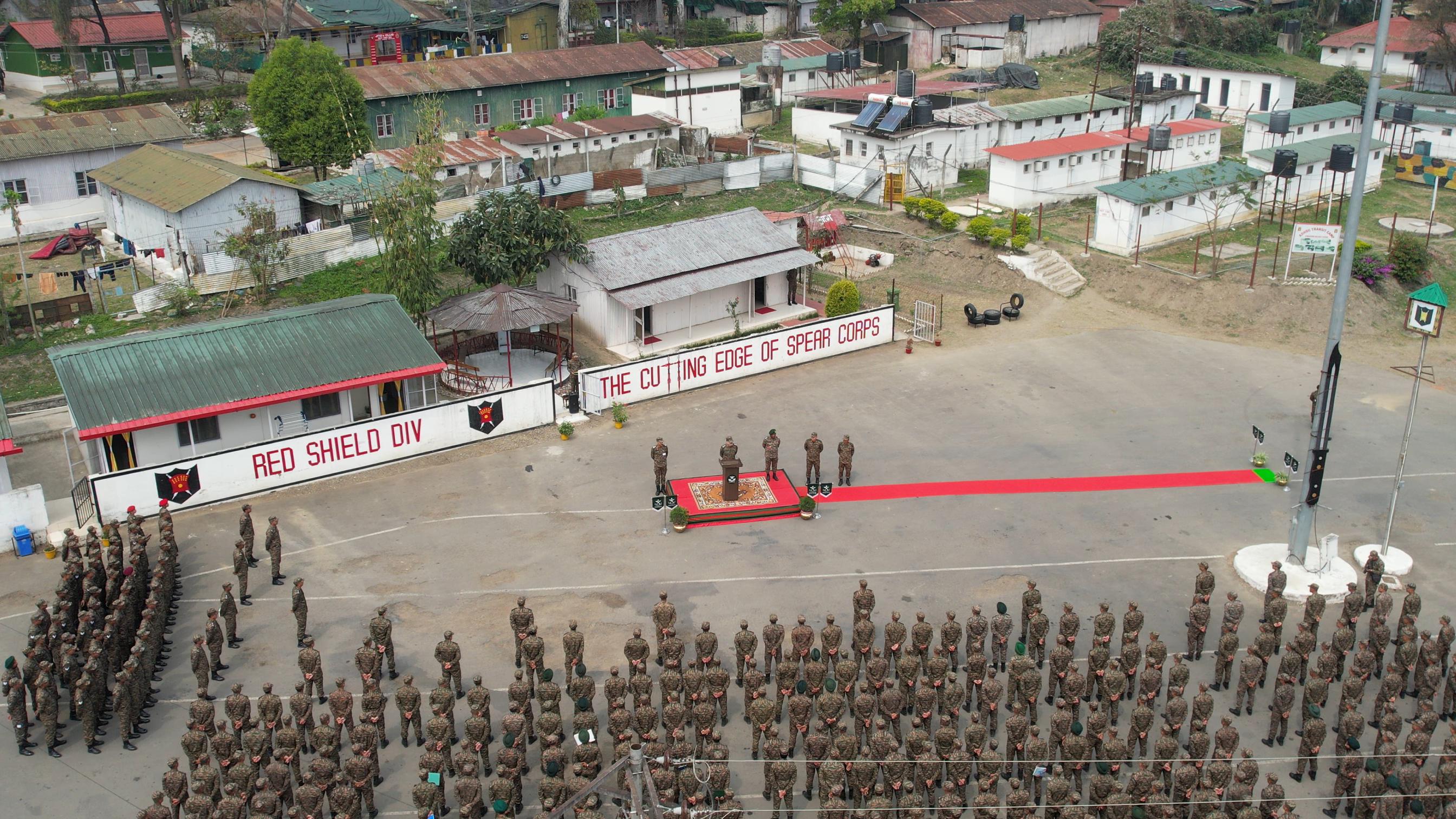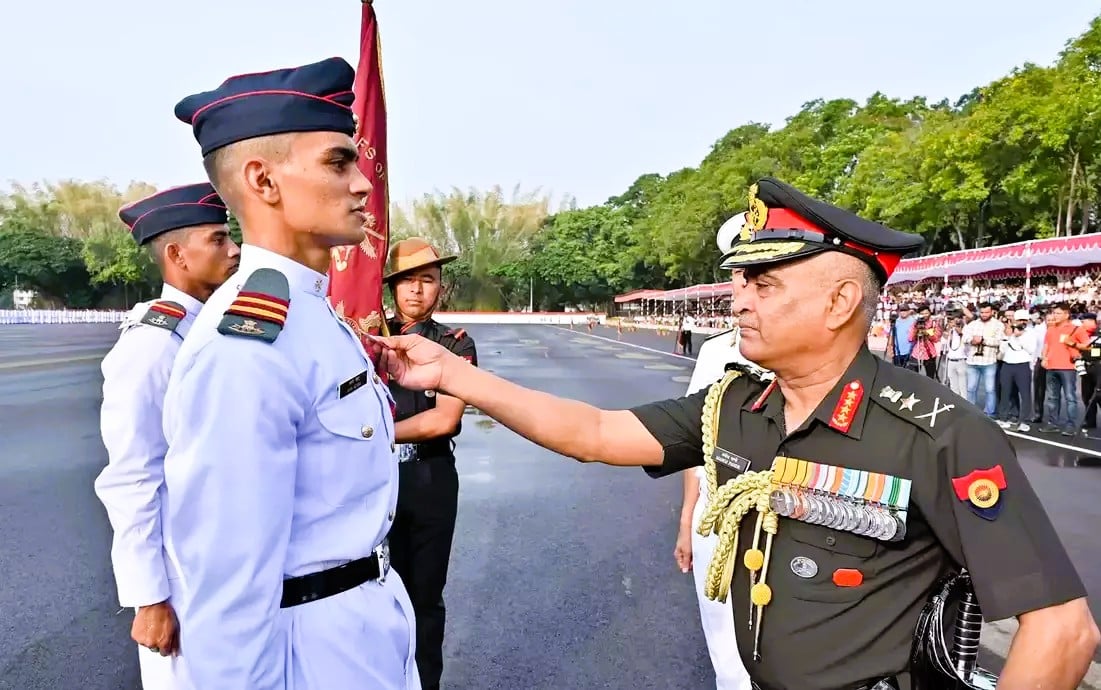In the article “10 Most Dangerous Postings Of The Indian Armed Forces,” you will learn about the challenging and perilous responsibilities that the Indian armed forces face while guarding the country.
One such area is the Siachen glacier, which holds the status of being the highest and coldest battleground in the world. This treacherous terrain presents extreme weather conditions that soldiers must endure.
Additionally, the Line of Control (LOC), the sensitive border that separates India and Pakistan, is another dangerous posting. The soldiers stationed here are trained rigorously to withstand and repel attacks from across the border.
Another area of concern is the post at Tawang, situated on the Indo-China border, which experiences constant clashes due to disputed territory. Here, the armed forces are faced with the challenge of maintaining peace and security amidst ongoing tensions.
Furthermore, the Indian Navy plays a crucial role in guarding the country’s extensive 7,500 km coastline, especially after the devastating 26/11 attacks. With the strategic importance of maritime security, the Navy’s responsibilities are of utmost significance.
The state of Sikkim also poses harsh conditions for the defence forces, with its rapid climate changes and the need for a strong military presence strategically. Overall, understanding these dangerous postings helps illuminate the dedication and sacrifices of the Indian armed forces in safeguarding the nation’s borders.
10 Most Dangerous Postings Of The Indian Armed Forces
The Indian armed forces play a crucial role in safeguarding the borders and national security of the country. With a diverse and challenging terrain, they face various threats and dangers in their line of duty. In this article, we will explore the ten most dangerous postings of the Indian Armed Forces.
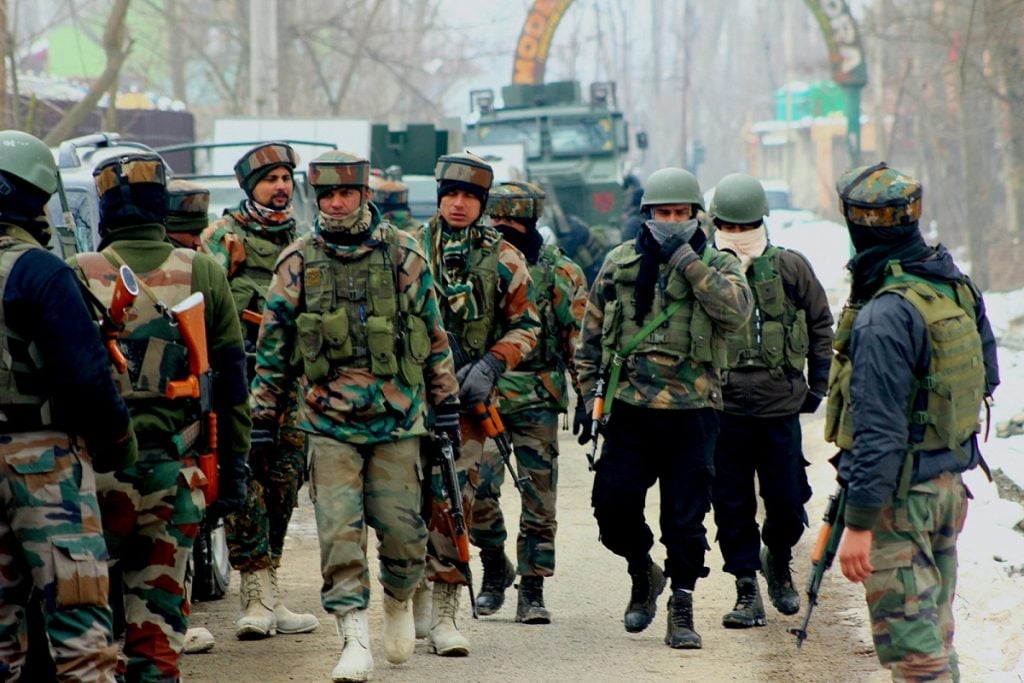
Siachen Glacier
Extreme weather conditions at Siachen glacier
Located in the eastern Karakoram range in the Himalayas, the Siachen Glacier is known as the highest and coldest battlefield in the world. The extreme weather conditions, with temperatures dropping as low as minus 50 degrees Celsius, make it a treacherous posting for the Indian Army.
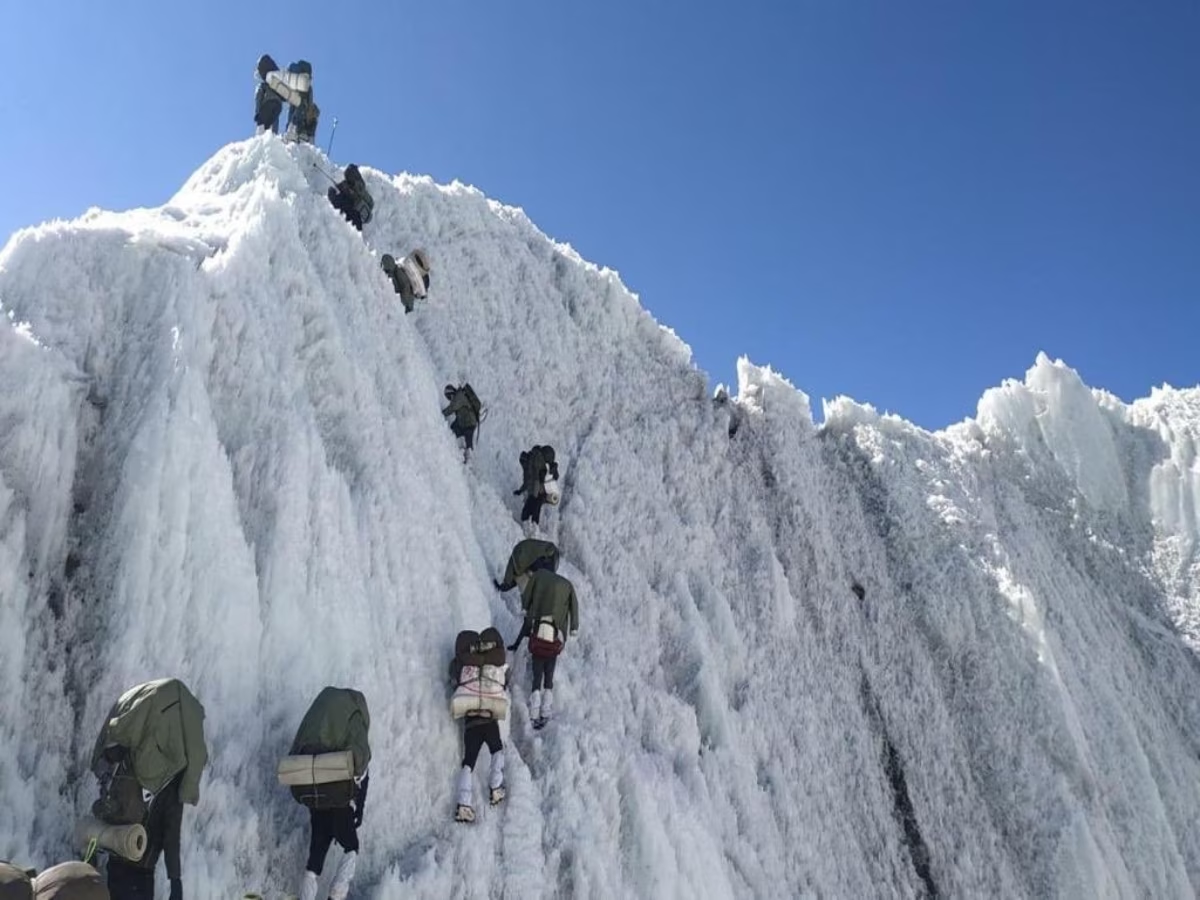
The soldiers stationed here face not only the threat of enemy fire but also the dangers posed by avalanches, crevasses, and altitude-related illnesses. They require specialized training and equipment to survive in such harsh conditions.
Challenges faced by soldiers on the highest battleground in the world
The soldiers stationed at Siachen face a multitude of challenges on a daily basis. Apart from the physical hardships caused by the cold weather and high altitude, they also have to deal with the mental stress of isolation and the constant threat of enemy attacks.
Supplying the troops stationed at Siachen is also a logistical nightmare. The inhospitable terrain and extreme weather conditions make it extremely difficult for helicopters or transport animals to transport supplies. As a result, soldiers often have to rely on limited rations and supplies for extended periods.
Line of Control (LOC)
Significance and sensitivity of the LOC
The Line of Control (LOC) is the de facto border separating the Indian-administered and Pakistani-administered parts of the former princely state of Jammu and Kashmir. It is a highly sensitive area with constant ceasefire violations and skirmishes between the Indian and Pakistani forces.
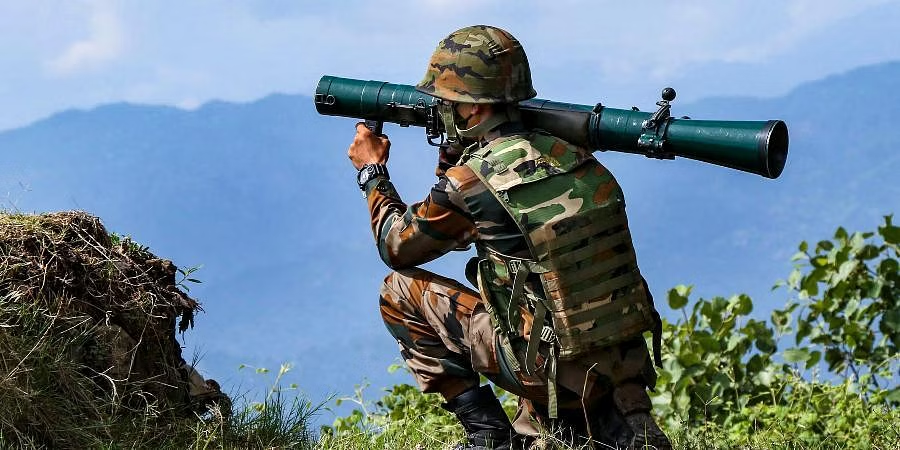
The soldiers stationed at the LOC face the constant threat of cross-border infiltration and attacks. Their primary objective is to prevent any encroachment from the Pakistani side and safeguard the integrity of the Indian territory.
Training and preparedness of soldiers to withstand attacks
To withstand the challenges posed by the LOC, soldiers undergo rigorous training and preparedness drills. They are trained in counter-insurgency tactics, intelligence gathering, and border patrolling. They also receive specialized training in mountain warfare to effectively operate in the rugged terrain of Jammu and Kashmir.
Soldiers stationed at the LOC are equipped with advanced surveillance and communication systems to monitor any suspicious activities across the border. They are always on high alert and ready to respond to any security threats.
Tawang
Disputed territory and constant clashes at Tawang
Tawang, located in Arunachal Pradesh, is a sensitive posting due to the ongoing boundary dispute between India and China. Both countries claim the region as their own, leading to constant tensions and occasional clashes between the Indian and Chinese forces.
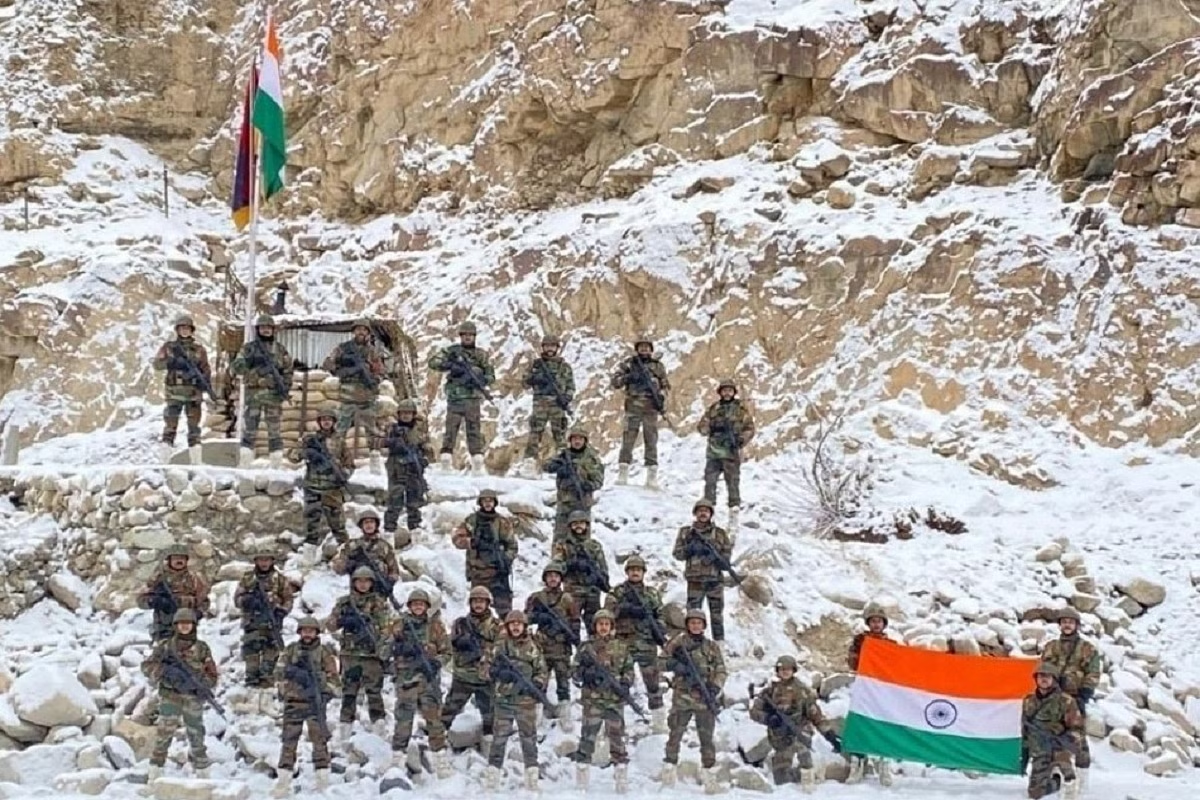
The soldiers stationed at Tawang face the challenge of guarding the disputed territory and maintaining peace along the border. They have to be vigilant at all times to prevent any encroachment or incursion from the Chinese side.
Border security challenges in Indo-China region
The Indo-China border poses unique security challenges due to its difficult terrain and the vast expanse of the border. It is characterized by high mountain passes, dense forests, and treacherous river crossings, which make patrolling and surveillance extremely challenging.
Indian soldiers posted in the Indo-China region have to overcome these challenges and maintain a strong presence along the border. They often have to endure extreme weather conditions, including heavy snowfall during the winter months, to carry out their duties.
Indian Navy
Role in guarding the 7,500 km long coastline
The Indian Navy plays a crucial role in protecting the country’s vast coastline, which stretches over 7,500 kilometers. They are responsible for conducting maritime patrols, surveillance, and intercepting any suspicious activities in the coastal areas.
The navy also acts as a deterrent against any potential threats from the sea, such as piracy, smuggling, and infiltrations. They work in close coordination with other security agencies to ensure the safety and security of the coastal regions.
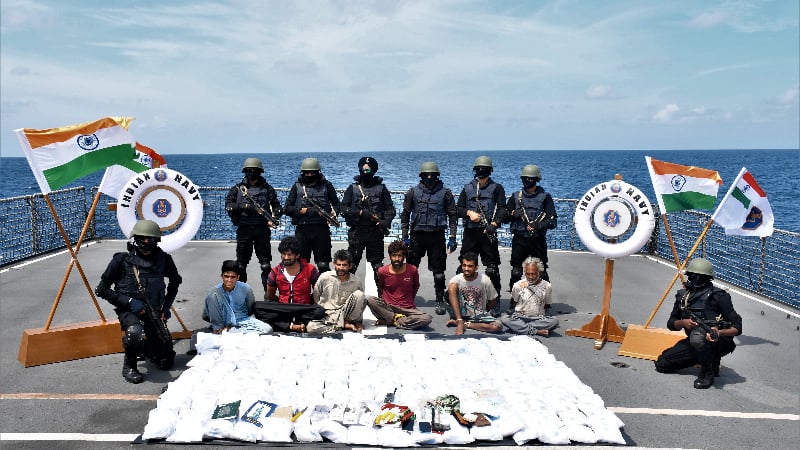
Importance of coastal defense after the 26/11 attacks
The importance of coastal defense was highlighted after the Mumbai terror attacks on November 26, 2008. The attackers, who came via the sea route, carried out coordinated attacks on various targets in Mumbai, resulting in the loss of many lives.
Since then, the Indian Navy has ramped up its coastal defense capabilities and surveillance systems to prevent any such incidents in the future. They conduct regular patrols, maintain a strong naval presence, and coordinate with other agencies to ensure robust coastal security.
Sikkim
Harsh conditions and rapid climate changes in Sikkim
Sikkim, located in the Northeastern part of India, poses unique challenges for the defense forces. The state is known for its rugged terrain, steep mountains, and unpredictable weather conditions. This makes it difficult to carry out operations and maintain a strong presence in the region.
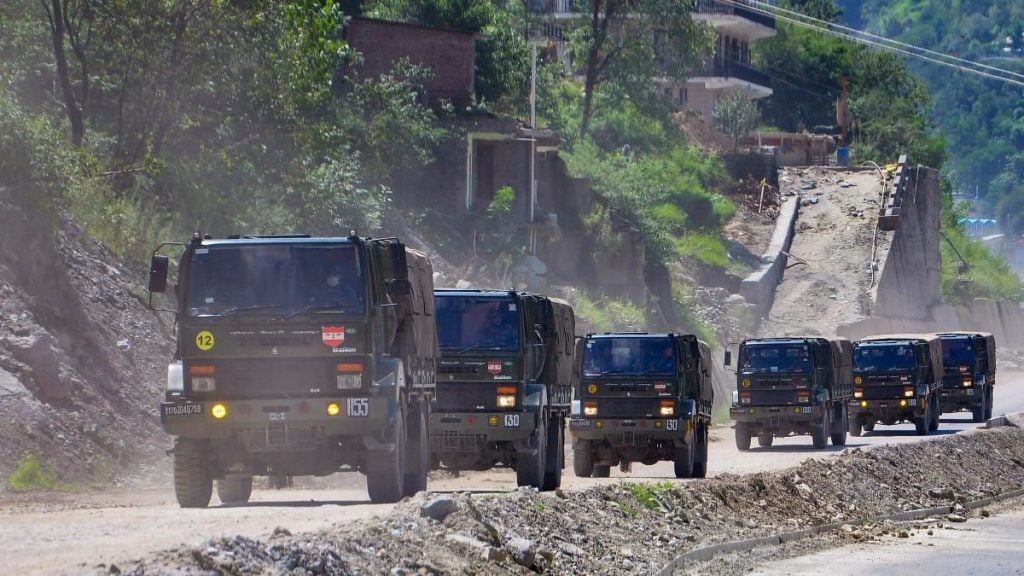
Additionally, Sikkim experiences rapid climate changes, with heavy rainfall during the monsoon season and heavy snowfall in winter. These adverse weather conditions further complicate the tasks of the defense forces stationed in the region.
Strategic importance of Sikkim for defense forces
Despite the challenges, Sikkim holds strategic importance for the defense forces due to its proximity to the international borders with countries like China and Nepal. It serves as a crucial gateway for troop movements and supplies to the far-eastern region of India.
The defense forces stationed in Sikkim play a vital role in maintaining the security of the region and preventing any encroachments or infiltrations from the neighboring countries. They continuously patrol the border areas and conduct surveillance to ensure the territorial integrity of India.
Border Security Forces
Role of Border Security Forces in protecting Indian borders
The Border Security Forces (BSF) are responsible for guarding the international borders of India, including the borders with Pakistan, Bangladesh, and Myanmar. They play a crucial role in maintaining peace and security along these borders.
The BSF personnel are involved in border patrolling, checking illegal immigration and smuggling activities, and responding to any cross-border incidents. They work in close coordination with other security agencies to strengthen border security and prevent any infiltration attempts.
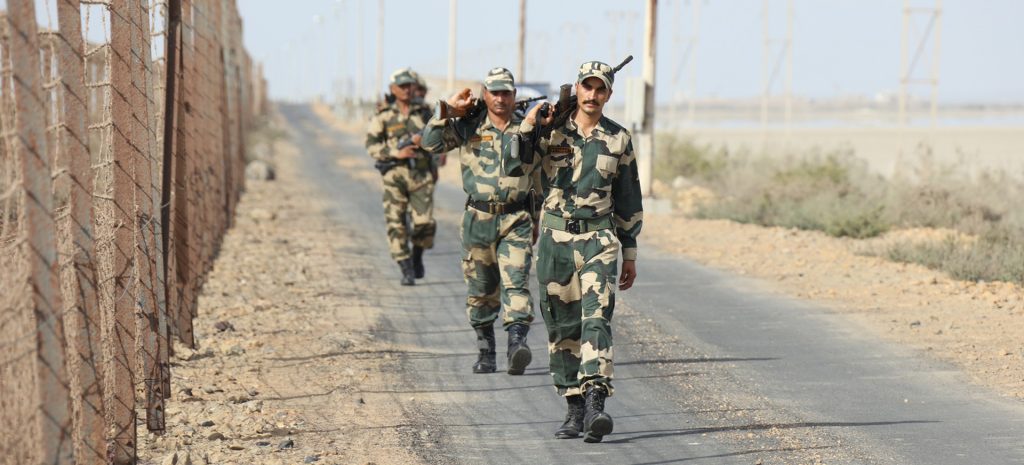
Challenges faced by BSF in guarding dangerous fronts
The BSF faces multiple challenges in guarding the dangerous fronts of the country. The borders are often porous, with difficult terrains and dense forests, making it easy for infiltrators to cross over. The BSF personnel have to be vigilant at all times and respond to any security threats swiftly.
Moreover, the border regions are often prone to clashes between rival factions, leading to sporadic incidents of violence. The BSF personnel have to deal with these volatile situations while ensuring the safety and security of the border areas.
Indian Air Force
Role of Indian Air Force in securing Indian airspace
The Indian Air Force (IAF) plays a crucial role in securing the Indian airspace from any aerial threats or intrusions. They are responsible for conducting air defense operations, air surveillance, and maintaining air superiority during conflicts.
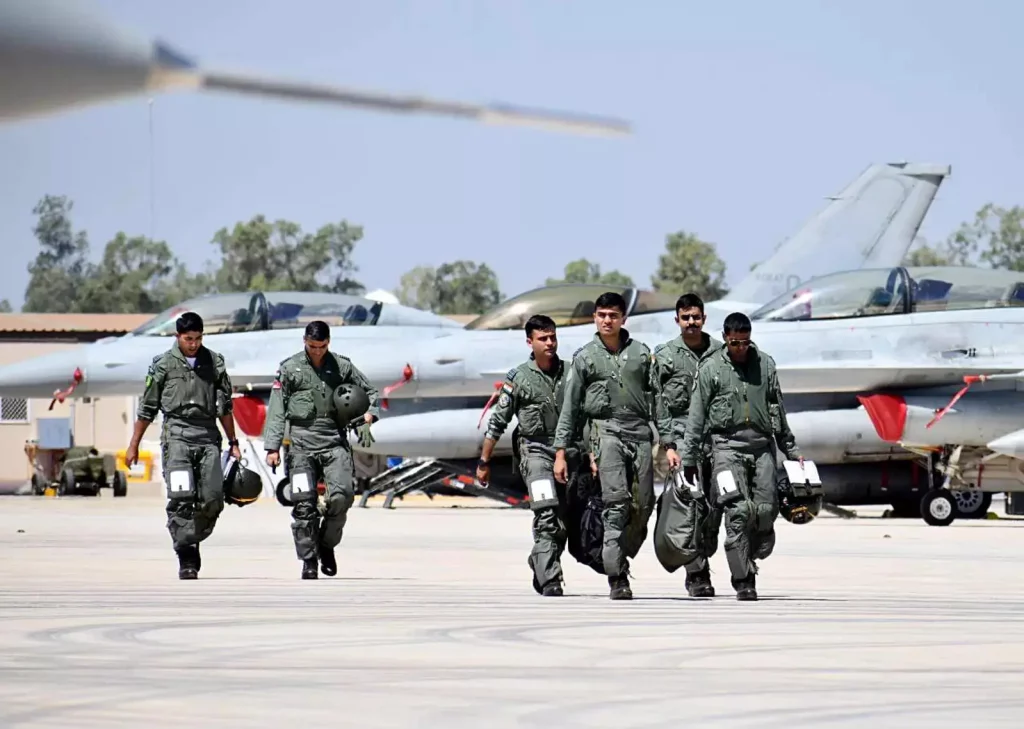
The IAF personnel undergo rigorous training to operate advanced fighter jets, surveillance aircraft, and air defense systems. They are always ready to respond to any security threats and protect the integrity of the Indian airspace.
High-risk postings and challenges for air force personnel
The air force personnel stationed at remote airbases or conflict-prone regions face significant risks and challenges. They are often exposed to hostile environments, with the constant threat of enemy attacks or aerial intrusions.
Maintaining the advanced and sensitive equipment of the air force is also a challenging task. The personnel have to ensure the smooth functioning of the aircraft, radar systems, and communication networks to respond effectively to any security threats.
Indian Army
Diverse postings and varied challenges for Indian army personnel
The Indian Army operates in diverse terrains and environments, ranging from the deserts of Rajasthan to the dense forests of the Northeast. Army personnel have to adapt to the challenges posed by each posting and carry out their duties effectively.
They face various threats, including cross-border infiltrations, insurgencies, and terrorist activities. The soldiers are trained to handle these challenges and maintain law and order in the regions assigned to them.
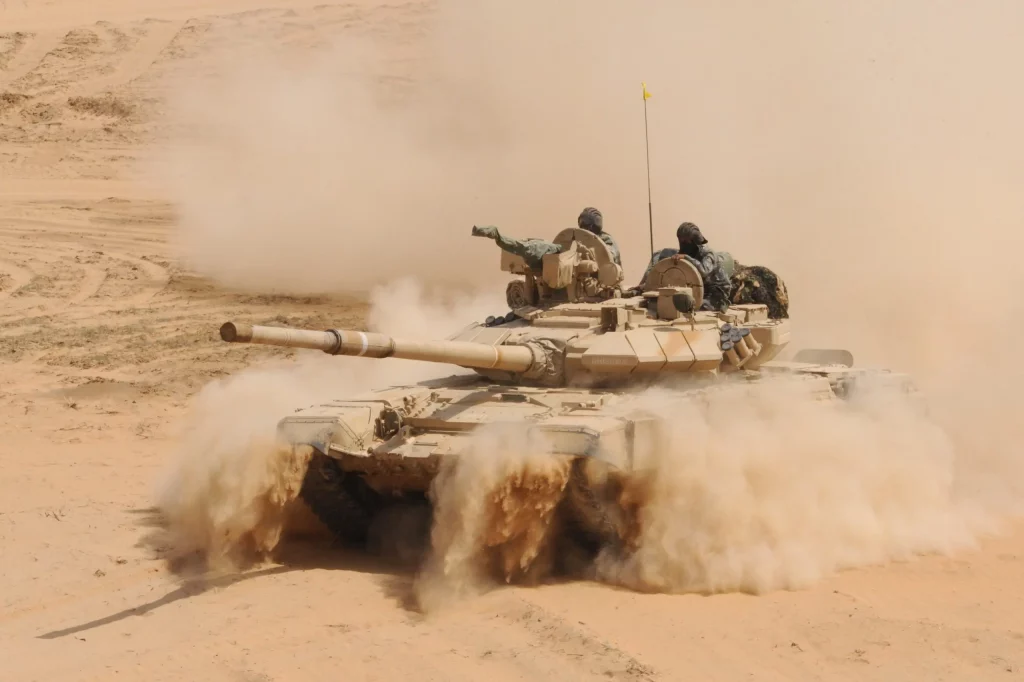
Extraordinary courage and valor exhibited by soldiers
The soldiers of the Indian Army showcase extraordinary courage and valor in the face of adversity. They selflessly dedicate themselves to the service of the nation, often putting their lives on the line to protect the citizens and maintain peace and security.
Their dedication and unwavering commitment are evident during various conflicts and natural disasters where they have played a pivotal role in rescuing and assisting civilians. Their sacrifices are a true testament to their bravery and pride in serving the country.
Assam Rifles
Contributions of Assam Rifles in safeguarding Indian territories
The Assam Rifles is the oldest paramilitary force in India and has played a crucial role in safeguarding the country’s territories. They are primarily responsible for maintaining law and order in the Northeastern regions of India, which are often affected by insurgent activities.
The Assam Rifles personnel ensure the security of the region by conducting regular patrols, counter-insurgency operations, and intelligence gathering. They work closely with local communities to foster trust and maintain peace in the region.
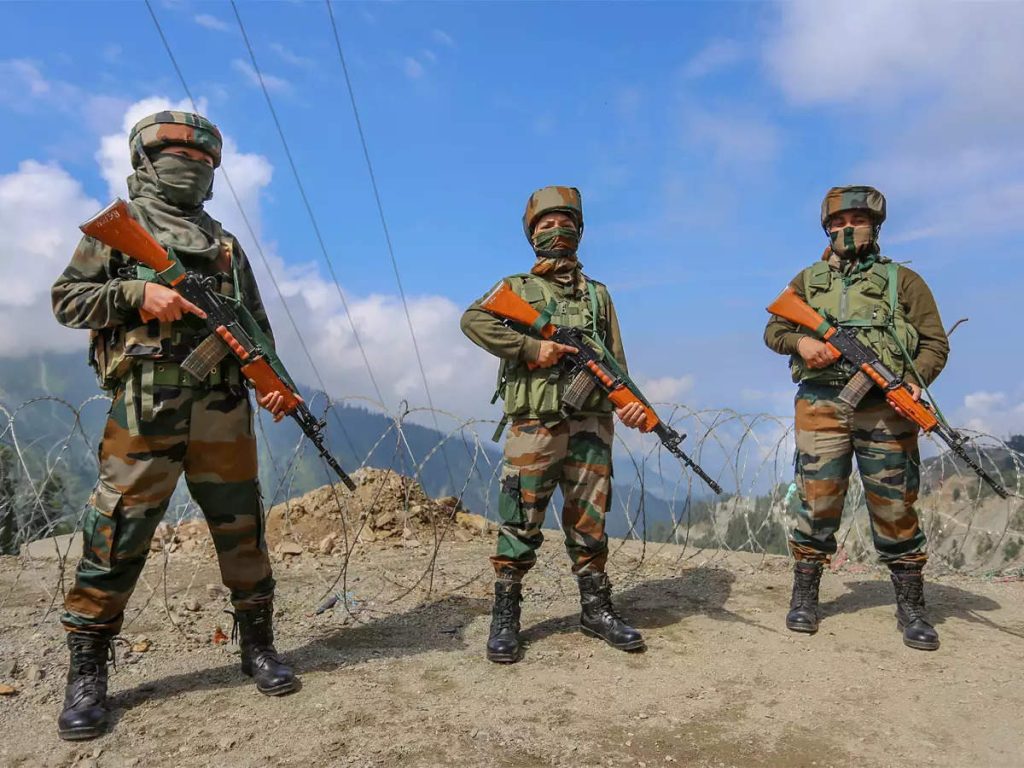
Unique challenges and demanding postings for Assam Rifles personnel
Assam Rifles personnel face unique challenges due to the complex insurgency scenario in the Northeastern region. They have to operate in challenging terrains, including dense forests and mountainous regions, often affected by adverse weather conditions.
The soldiers are posted in remote and isolated areas, far away from their families and the comforts of urban life. They have to endure long periods of separation and overcome the physical and mental hardships associated with such postings.
Conclusion
Recap of the most dangerous postings of the Indian Armed Forces
In this article, we discussed the ten most dangerous postings of the Indian Armed Forces. From the treacherous conditions of Siachen Glacier to the sensitive LOC and disputed territory at Tawang, each posting presents unique challenges and risks for the personnel.
Salute to the brave soldiers protecting the nation
The Indian Armed Forces deserve our utmost respect and gratitude for their unwavering commitment and sacrifices in protecting the nation. Their dedication, bravery, and valor in the face of danger serve as an inspiration to all. We salute these brave soldiers for their selfless service and unwavering determination to safeguard our borders and maintain peace and security in the country.

